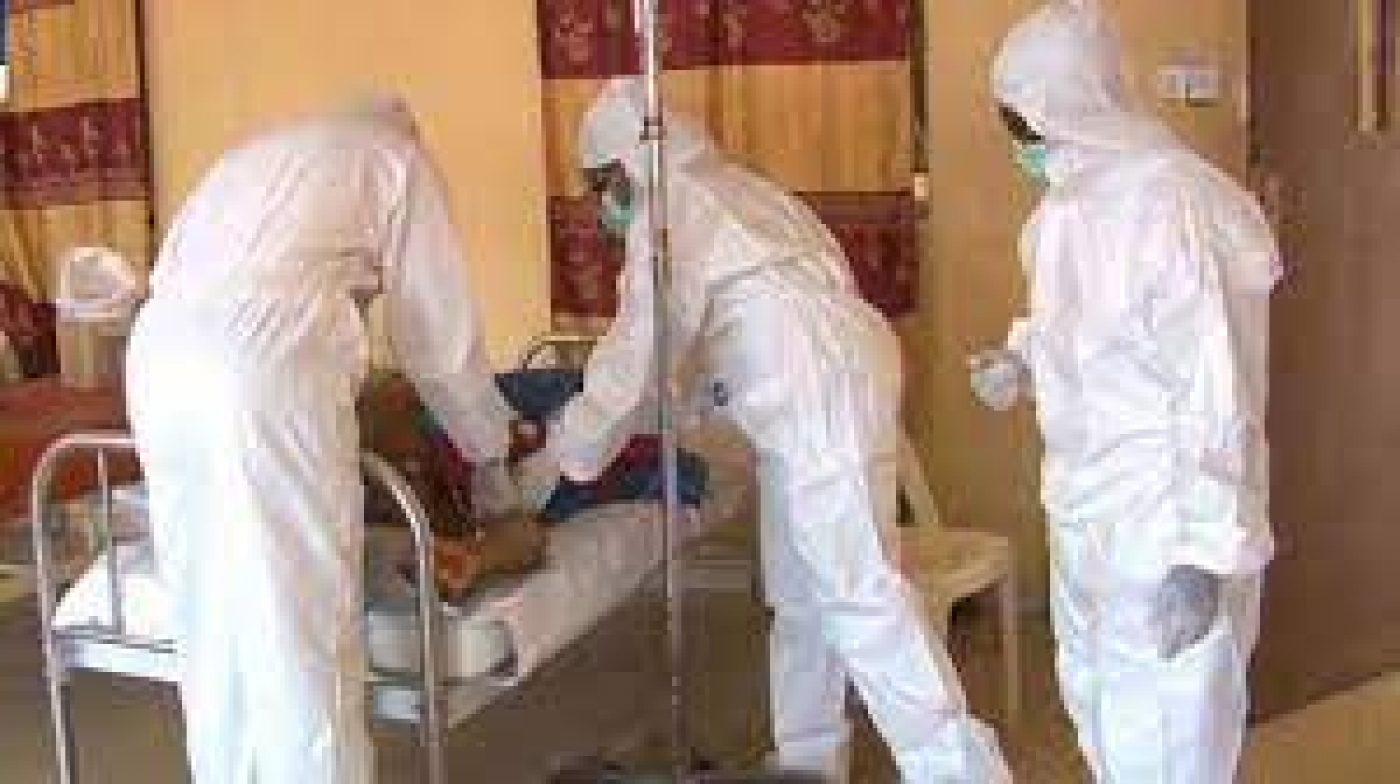“As of 23rd January 2022, a total of 115 confirmed cases with 26 deaths (a case fatality ratio of 22.6%) have been reported. “These cases were reported from thirty (30) Local Government Areas (LGAs) across eleven (11) States.
“Furthermore, the reports in weeks 1 and 2 show the highest number of confirmed cases recorded in the last four years for the same period,” says the statement made available to PUNCH Healthwise.
Currently, seven laboratories can conduct confirmatory tests for Lassa fever in Nigeria. The laboratories are coordinated by the NCDC National Reference Laboratory.
The agency disclosed further that Nigeria, through the NCDC, is participating in the largest-ever Lassa fever study that aims to provide an accurate assessment of the incidence of the disease in West Africa.
“This will also accelerate the development of vaccines and therapeutics for Lassa fever,” the health agency said, adding that the initiatives are supported by the Coalition for Epidemic Preparedness Innovations and the Wellcome Trust.
The NCDC also said that it has continued to deploy Rapid Response Teams to support and strengthen the response efforts of states.
“The RRTs through the State Public Health Emergency Operation Centres work with states across all response pillars to strengthen preparedness and response activities.
“This includes outbreak investigation, contact tracing, response coordination, case management, psycho-social care for infected people, risk communication, and infection prevention and control activities,” the agency said.
Lassa fever is an acute viral hemorrhagic illness transmitted to humans through contact with food or household items contaminated by rodents infected with the Lassa fever virus.
However, NCDC said, “Person-to-person transmission can also occur, particularly in a hospital environment with inadequate infection control measures. Like several other countries in West Africa, the disease is endemic in Nigeria and is often recorded during the dry season, often between November and May.”
The agency advised Nigerians to ensure proper environmental sanitation, avoid drying foodstuffs outside on the floor and eliminate rats in homes and communities by setting rat traps as preventive measures.
Source: HealthWise







